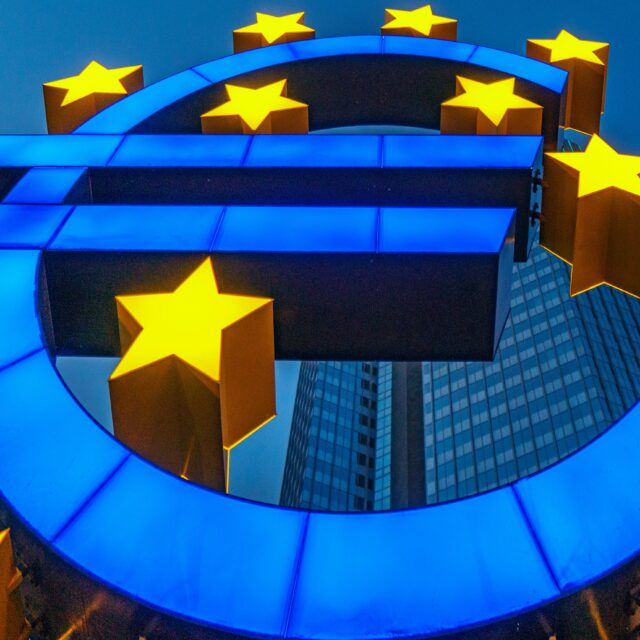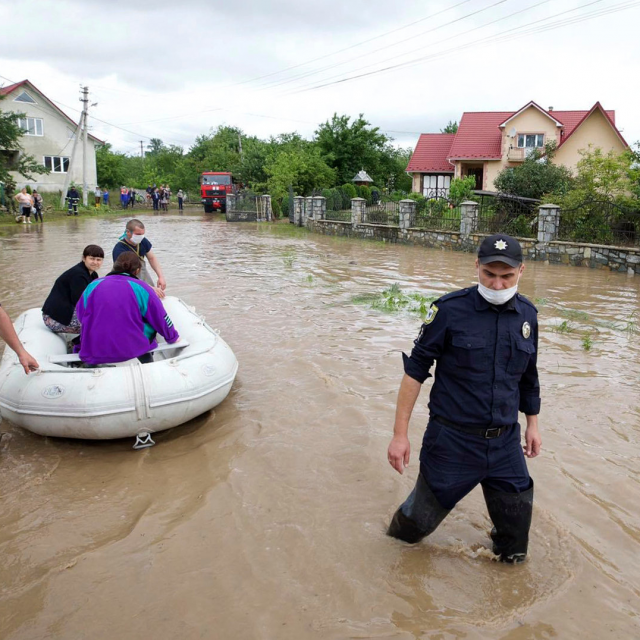Photo by Chris LeBoutillier on Unsplash
The EU has spelled out how it aims to address the growing impact of climate change and environmental degradation in the fields of peace, security and defence.
The commission says that ecurrent climate extremes, rising temperatures and sea levels, desertification, water scarcity, threats to biodiversity, environmental pollution and contamination are threatening the health and well-being of humanity.
This, it adds, can create greater displacement, migratory movements, pandemics, social unrest, instability and even conflicts.
Europe’s armed forces are also confronted with the changing and challenging operational conditions due to climate change. These new threats have already prompted allies and partners to update their policies too, says the EC.
A new Joint Communication, released on 28 June, is said to offer a new outlook and sets the EU framework for responding to these challenges as they regard society and security operations, as well as the intensifying geopolitical competition for the resources and technologies necessary for the green transition.
An EC spokesman said, “With this Joint Communication, the EU aims to better integrate the climate, peace and security nexus in the EU’s external policies.”
“This set of concrete actions across the entire spectrum of data, policies, missions, defence, and cooperation with third partners will ensure that the impacts are accounted for at all levels of external policymaking, planning and operations.”
“It sets out the EU’s plan for the Union and its partners to become more resilient and secure as the climate crisis intensifies, and improves connections between different policies to ensure that external action and capabilities are fit to tackle these challenges.”
The Joint Communication sets out four main priorities:
- Strengthening planning, decision-making and implementation, through reliable and accessible evidence-based analysis on the climate and security nexus;
- Operationalising the response to climate and security challenges in EU external action, inter alia through integrating the climate and security nexus in regional and national conflict analyses;
- Enhancing the climate adaptation and mitigation measures of Member States’ civilian and military operations and infrastructure to lower costs, carbon footprints, while ensuring that operational effectiveness is maintained;
- Reinforcing international partnerships through multilateral fora and with partners such as NATO, in line with the EU’s climate change and environment agenda.




